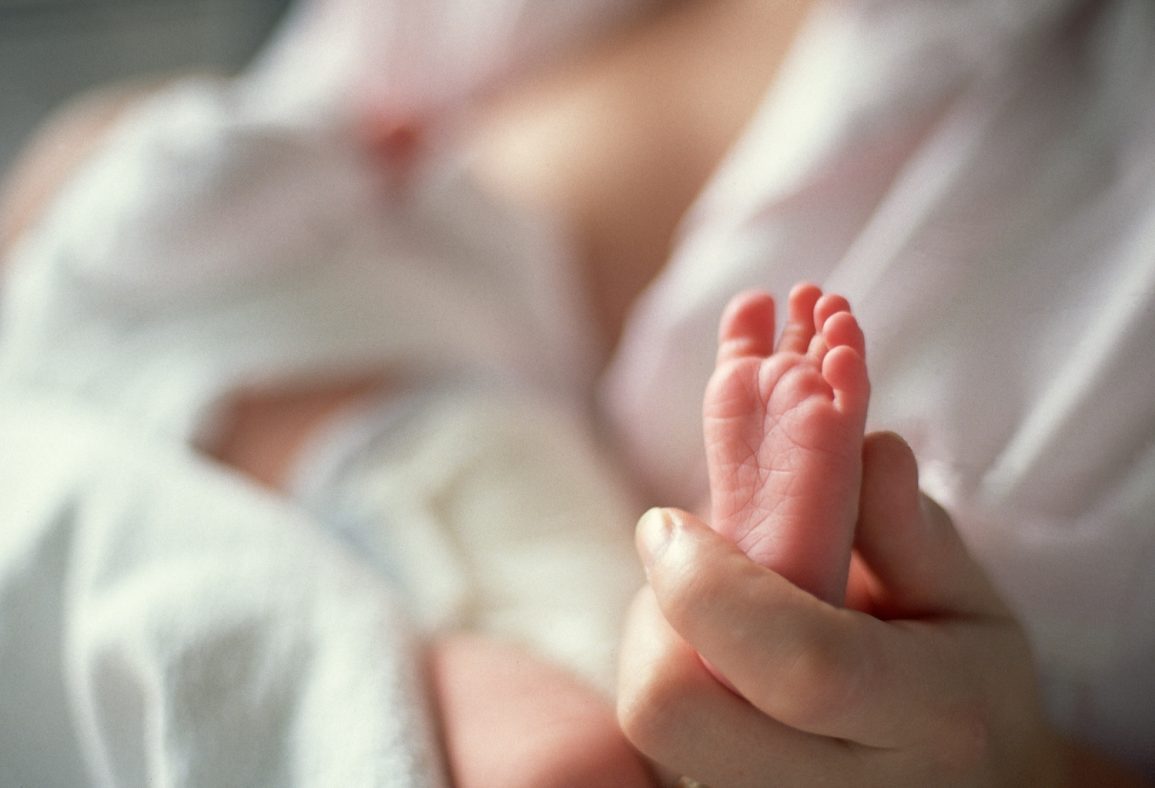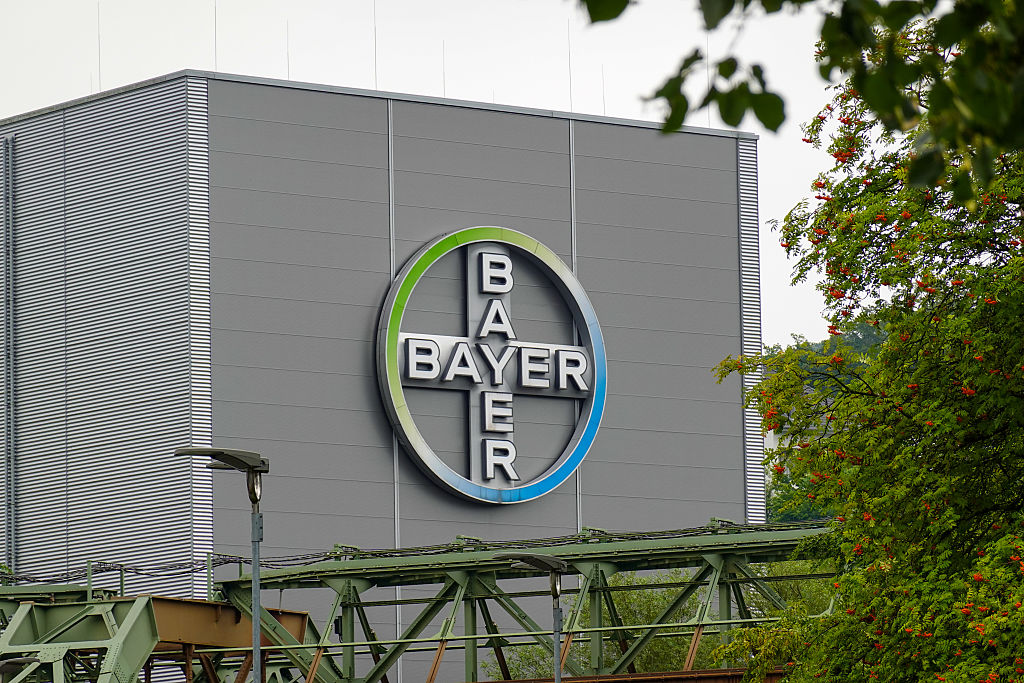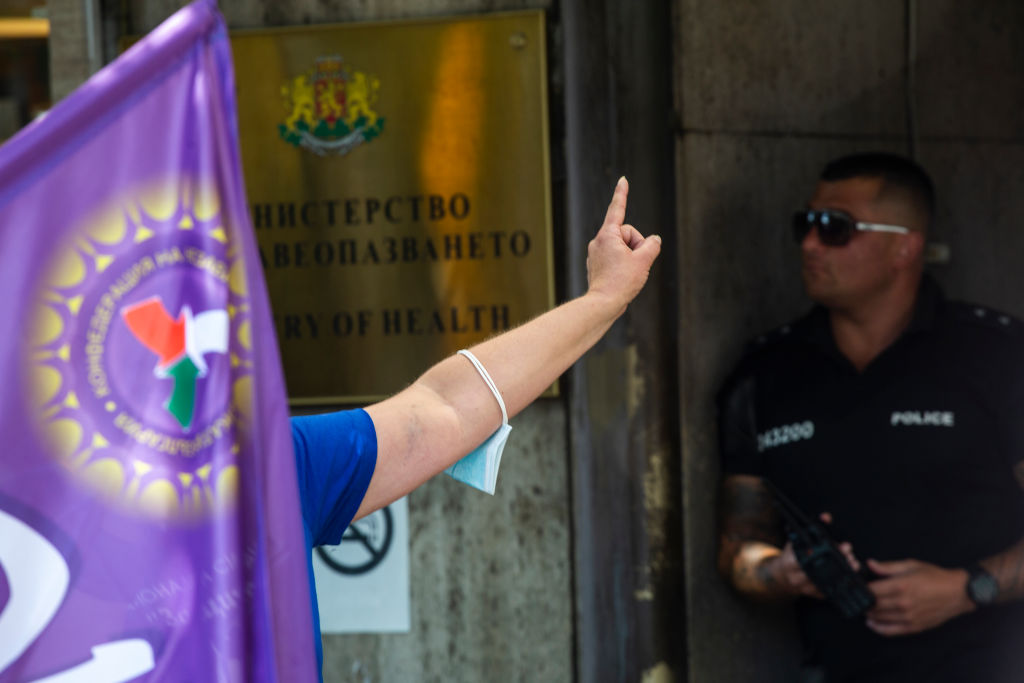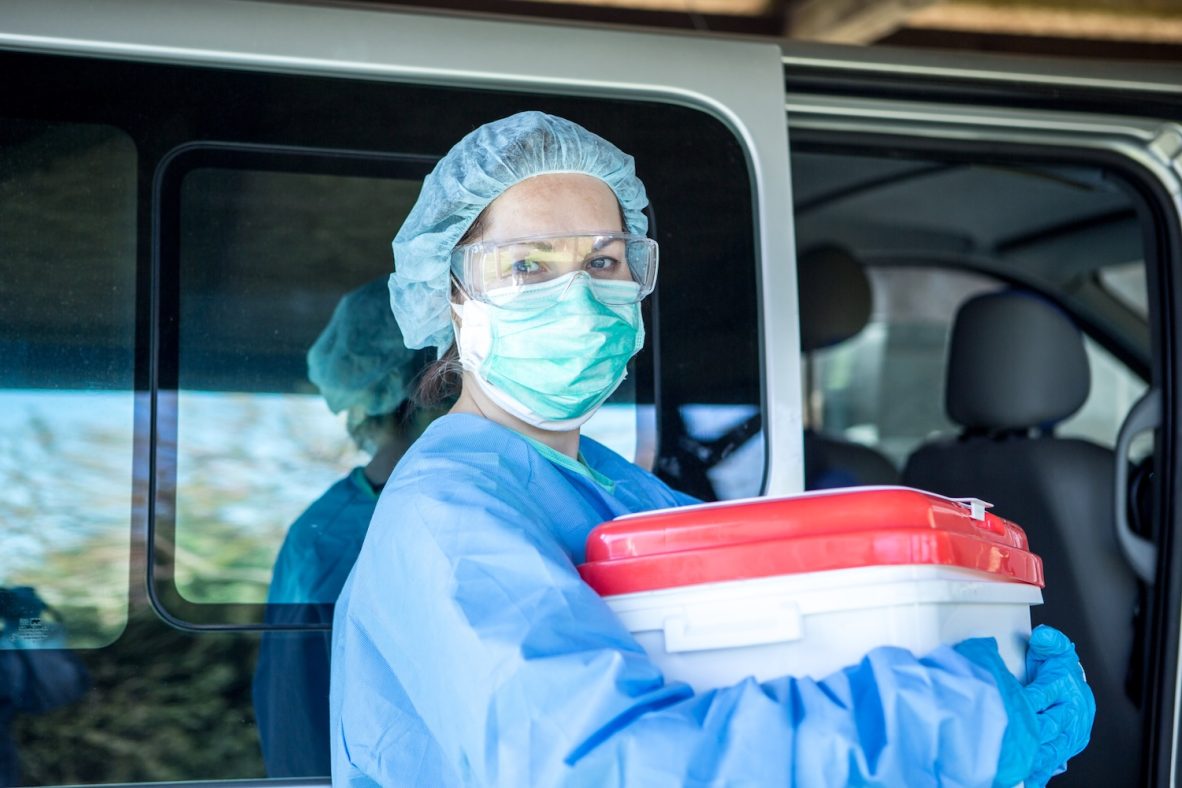Bulgarian government criticised for serious delays in neonatal screening
Over 70,000 newborns have gone without valuable screening since 2024

The Bulgarian government is under fire by the parliamentary opposition for a substantial delay in introducing neonatal screening for three severe congenital diseases.
Until early 2024, Bulgaria’s state-funded mass neonatal screening programme covered only three conditions: phenylketonuria, congenital adrenal hyperplasia and congenital hypothyroidism. After decades of criticism, the ministry of health agreed to finance neonatal screening for three additional rare genetic diseases in newborns – spinal muscular atrophy, cystic fibrosis and severe combined immunodeficiencies.
However, for the past year and a half, the state has failed to start conducting such screenings, despite its formal commitment to do so.
Funds restricted – tests delayed
In response to a parliamentary question from Vasili Pandov, an MP from the largest opposition coalition, Health Minister Silvi Kirilov stated that contracts for the supply of the necessary reagents and materials had already been signed back in July 2025.
The government has not yet released the funds required to implement the contracts, according to the health minister.
“The state is obliged to provide expanded neonatal screening for these three serious diseases, yet it has failed to do so for over a year. Not only has it been interrupted – it never even began,” commented opposition MP Lena Borislavova.
During the delay, more than 70,000 newborns have missed out on the screening.
“I firmly believe that neonatal screening is of crucial importance during every pregnancy, and the state must fulfil its obligations in full. I will therefore monitor the upcoming budget procedure to ensure that the necessary funds for neonatal screening are secured,” Borislavova added.
By the end of the year, the Bulgarian Parliament must vote on the annual healthcare budget, which is expected to rise significantly – from €4.3 billion in 2025 to €5.4 billion in 2026, an increase of nearly 25%. The state continues to delay the allocation of just €500,000 for the neonatal screening programme promised almost a year and a half ago.
Short end of the EU straw
Over 200 people are living with cystic fibrosis in Bulgaria, where the average life expectancy following the onset of symptoms remains very low – around 13 years, compared to nearly 40 years on average across the EU.
Early detection of the disease through neonatal screening allows for treatment to begin as soon as possible, helping prevent malnutrition and irreversible lung damage.
Screening for severe combined immunodeficiencies is also extremely important, as newborns with this disorder face a heightened risk of serious bacterial, viral and fungal infections, which can be fatal.
In Bulgaria, children with such deficiencies are often diagnosed late and with difficulty. Mass screening would therefore be a more effective approach to identifying the problem early and enabling timely treatment.
Spinal muscular atrophy is characterised by the progressive loss of motor neurons in the brainstem and spinal cord, leading to muscle weakness and wasting. In recent years, treatments for this condition have been approved, but their effectiveness depends heavily on early intervention, making screening especially important.
EU postcode lottery
Neonatal screening programmes vary significantly across EU member states. A report published by the Bulgarian government at the end of October 2024 acknowledged that the country lags far behind in screening newborns.
In Italy, newborns are screened for 49 conditions; in Germany, 16; while Bulgaria covers only three.
Between 2014 and 2022, infant mortality in Bulgaria declined from 7.6 to 4.8 per 1,000 live births. Nevertheless, the country remains among the EU’s leaders in infant mortality, following Romania, Slovakia and Malta.
Government data show that the highest number of child deaths occur between the 28th day after birth and the first birthday. This is an indicator of problems in postnatal care and in the monitoring of child health and development, issues directly linked to the delayed neonatal screening.
[VA, BM]





